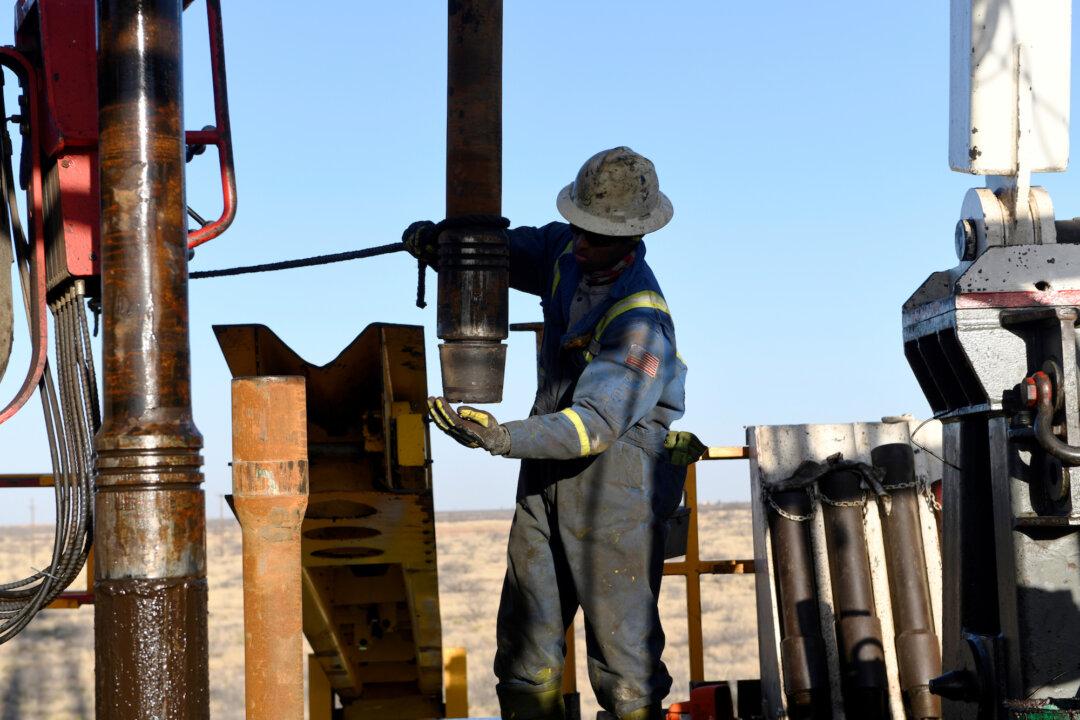News Analysis
Halliburton CEO and president Jeff Miller made waves on Monday predicting that the world is due for a period of oil scarcity in comments at the World Petroleum Congress in Houston, Texas.

Halliburton CEO and president Jeff Miller made waves on Monday predicting that the world is due for a period of oil scarcity in comments at the World Petroleum Congress in Houston, Texas.